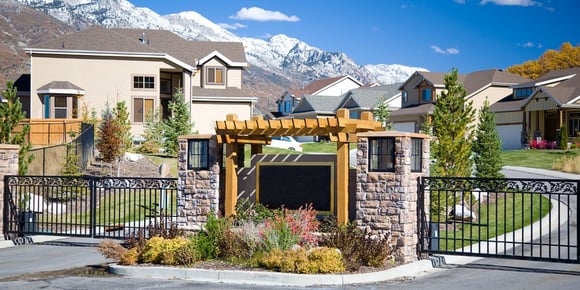
Gated communities have become increasingly popular in many parts of the world, especially in the United States, in recent decades. But are they worth the investment? And what does living in one entail for you and your family?
In this blog, we'll take an in-depth look at the advantages and disadvantages of living in a gated community and answer all the other questions you could possibly have about them. By the end, we hope you’ll have a firmer understanding of what you’re looking for in a community.
What is a Gated Community?
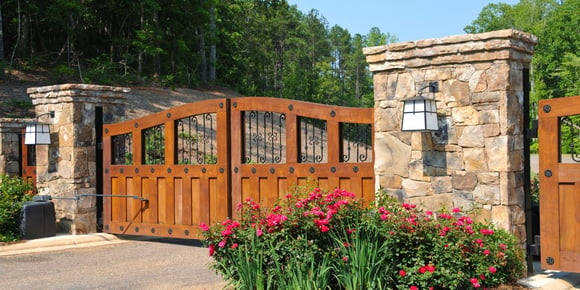
A gated community is a form of residential community, often composed of single-family homes that are completely enclosed by walls, fences, or other barriers. They usually have controlled entrances to regulate access and are commonly under surveillance. Residents and authorized visitors must pass through a guarded gatehouse or security checkpoint to enter. The gatehouses can be manned but sometimes will only have an entry code to allow access at all hours.
These communities go by many different names, including security zones, enclosed neighborhoods, fortified enclaves, and more. They can range in size from just a few houses to large master-planned communities spanning hundreds of acres. The larger communities often feature their own shared amenities like pools, gyms, clubhouses and more that are exclusively for residents.
Explore Our Mountain Homes >> Visit Bill’s Mountain
How Does a Gated Community Work?
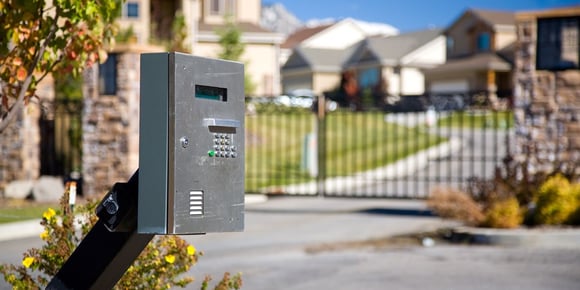
The gates provide an added layer of security and privacy for residents. Residents pay fees to maintain the gates, roads, amenities, and security within the development. The restrictive access aims to prevent crime and provide exclusivity.
The Benefits of Living in a Gated Community
There are many reasons why someone may choose to live in this type of community. Here are some of the most common benefits:
- Increased sense of safety and security - This is one of the number one reasons many live inside a gated community. The controlled access points monitored by security make them feel safer from crime. The barriers help deter break-ins, theft and vandalism.
- Privacy and exclusivity - These communities offer more privacy and exclusivity since outsiders can't freely enter the neighborhood. Residents enjoy a more isolated, private lifestyle. The exclusivity can also foster stronger bonds between residents. Community activities typically end up being exclusive to residents.
- Higher property values - Homes in gated communities often have higher property values than comparable homes in non-gated areas due to increased exclusivity and amenities. Many homeowners see it as a good, stable investment.
- Well-maintained shared amenities - Most communities have shared amenities like pools, fitness centers, golf courses, tennis courts, parks and more that are only for residents and their guests. This perk is attractive to many.
- Architectural and landscaping standards - To preserve community appearance, homeowner associations often enforce rules on issues like home design and landscaping. This can create a beautifully cohesive and aesthetic look for the community.
The Disadvantages of Living in a Gated Community
However, they also have some disadvantages to consider:
- Loss of connectivity - Critics argue that gated communities isolate residents from the broader community and public. While internal community connections may grow, the barriers promote disconnection from the outside world.
- Community politics - Residents have to follow often strict rules set by the homeowner’s association, which some see as overly controlling and limiting freedoms. HOA politics can be a nasty thing to deal with.
- Higher costs - Buying property and living in one is a big investment, with higher home prices and monthly dues to pay for the whole community. The lifestyle is not accessible to everyone.
- Sometimes a false sense of security - Despite safety precautions, critics argue the gates provide only an illusion of security. Determined criminals can still find ways to circumvent gates and barriers. But many see the deterrent as good enough.
- Traffic congestion - Large communities with only a few controlled entrance and exit points can lead to congestion and gridlock at peak times when residents are all trying to come and go through the same gates. Peak times include 8-9am and 5-6pm.
- Environmental concerns - Gates, fences, walls and other barriers surrounding these communities fragment wildlife habitats and disrupt natural ecosystems. This can affect local wildlife populations.
What’s It Like to Live in a Gated Community?
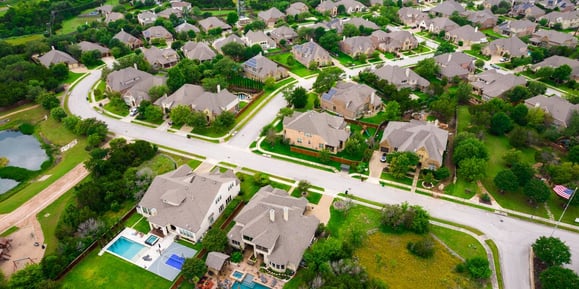
Living in a gated community provides a heightened sense of security, exclusivity, and privacy. Driving home feels like you’re entering a private estate as you pass through the guarded gates.
Once inside, you’ll find tidy streets, well-designed homes and lawns, and amenities like pools, tennis courts, and a golf course. Neighbors share similar income levels and value the gates limiting access to those who don't live there. Some appreciate the ability to let kids play freely within the gates.
But the isolation can feel abnormal. It can make you feel sheltered from reality. Getting in requires waiting at the gates and showing ID. You must allow in your friends and family. While some enjoy the amenities and safety, others feel like they’re in a bubble. But gated living remains attractive to those valuing privacy, security, and exclusivity above all.
Examples of Gated Communities
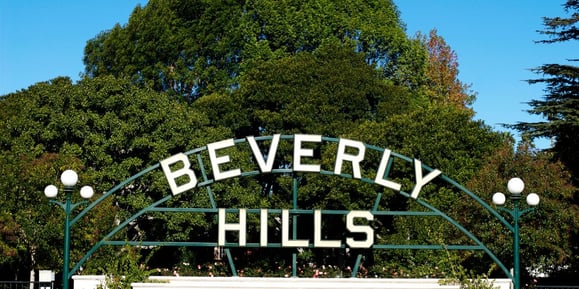
You may be wanting to look up what these type of communities look like. They can vary widely in terms of looks, but because top earners tend to live in these communities they can end up being very elaborate and immaculately clean. Here are some examples of famous gated communities:
- The Hamptons - Exclusive beach towns on Long Island, NY popular with affluent NYC residents.
- Beverly Hills - Glamorous LA suburb home to celebrities and mansions behind gates.
- Palm Beach - Florida coastal community with luxury estates, golf courses, and security gates.
- Hidden Hills - LA gated city where celebrities like the Kardashians live.
Should You Live in One? Weighing the Trade-Offs
When considering a move to a gated community, weigh the pros and cons carefully to decide if it aligns with your priorities. They offer security, exclusivity and amenities that many find appealing, but also have trade-offs like higher costs and disconnection from the broader community. Make sure to research the specific neighborhood’s demographics, amenities, HOA rules and finances to determine if it's the right fit.
If you value privacy, security for your family, special shared amenities, architectural aesthetics and the ability to form relationships with neighbors who share common interests, then you may find happiness in these communities. However, if you prioritize affordability, inclusivity, freedom engaging with the broader community and access to public spaces, then you may be better suited for a non-gated neighborhood.
The choice ultimately comes down to personal preference and priorities. The right lifestyle exists both within and beyond the gates. Carefully weighing the pros and cons and assessing your needs can help you make the housing decision that brings you security, contentment and a strong sense of community.
Join Our Exclusive Community in the Blue Ridge Mountains.
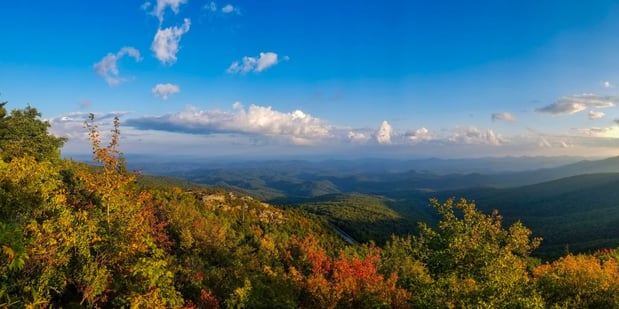
Living in any of our Vista communities guarantees not only a stunning view and impeccably maintained properties but, above all, it provides you with the ideal place to call home. We'd love to help you in your move to the mountains in North Carolina. Call us at (866) 519-2400 or contact us online today.


